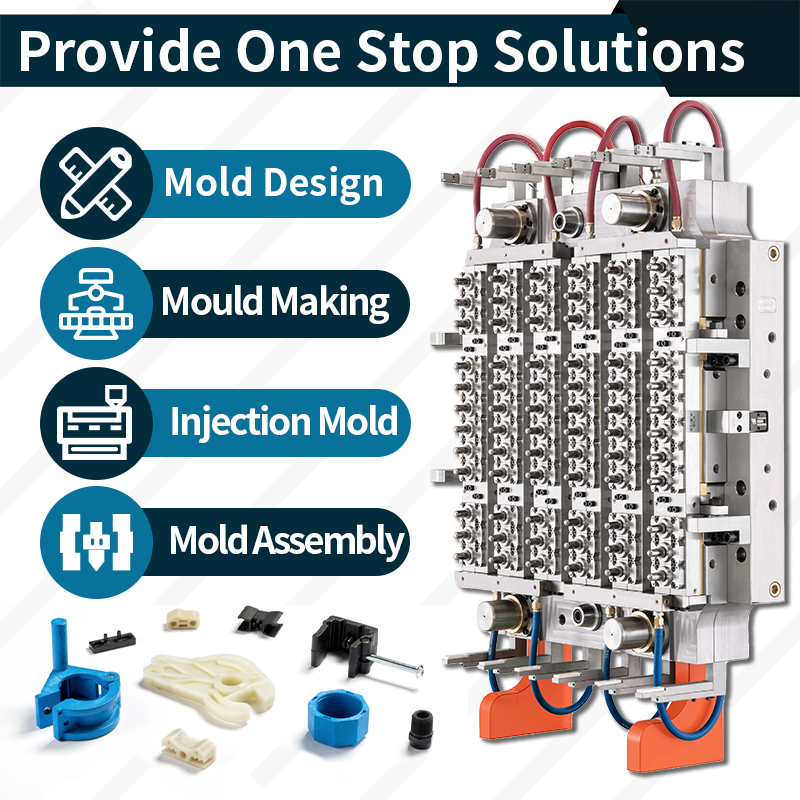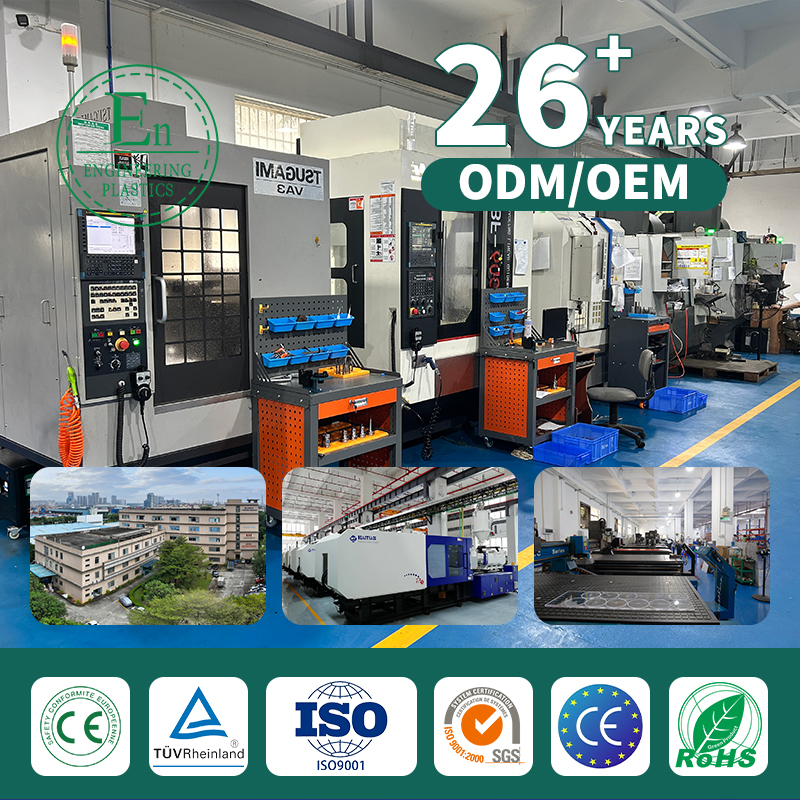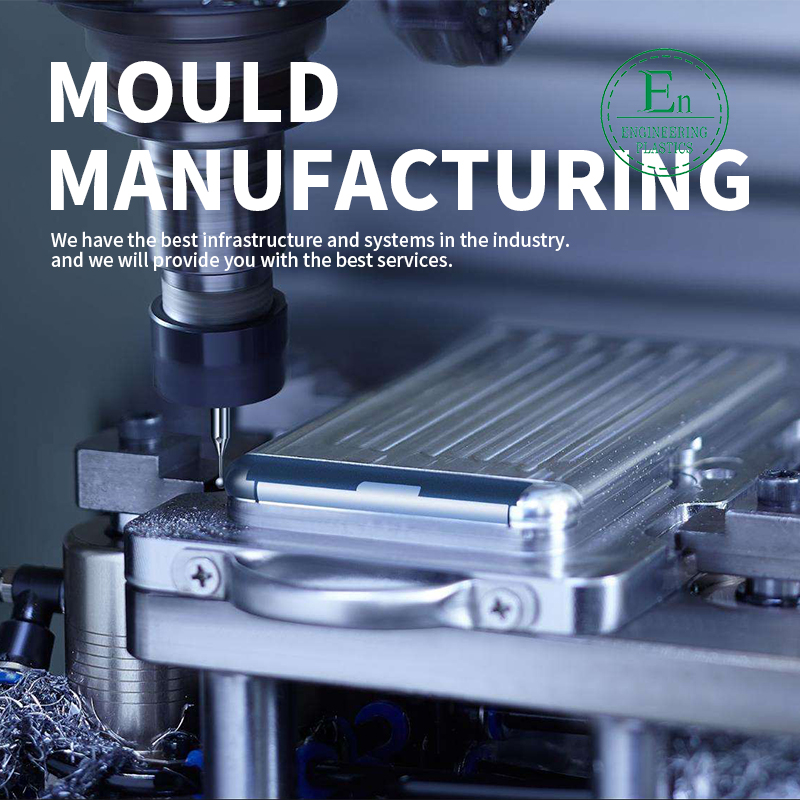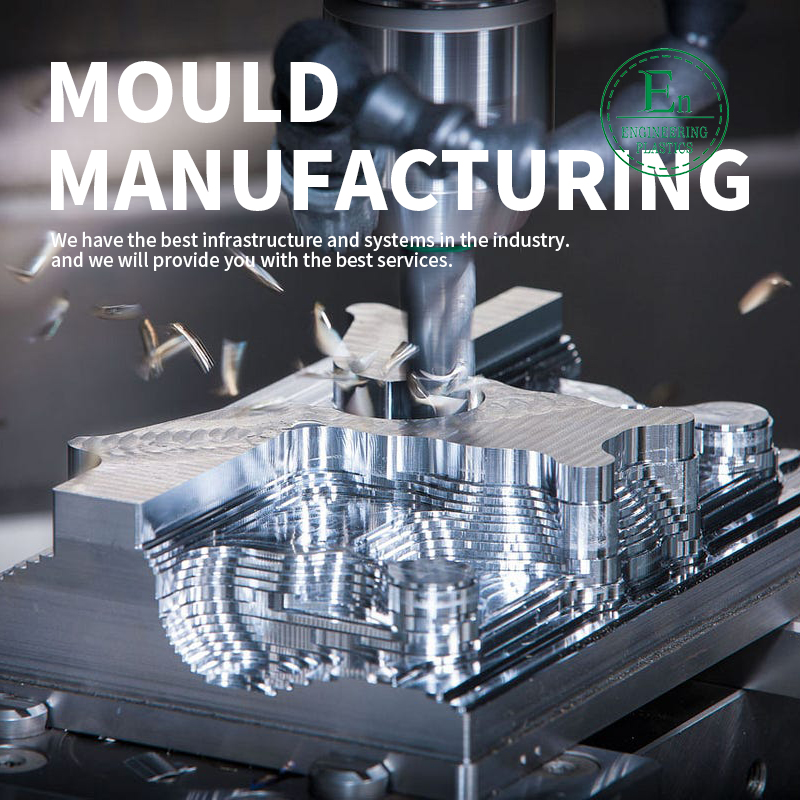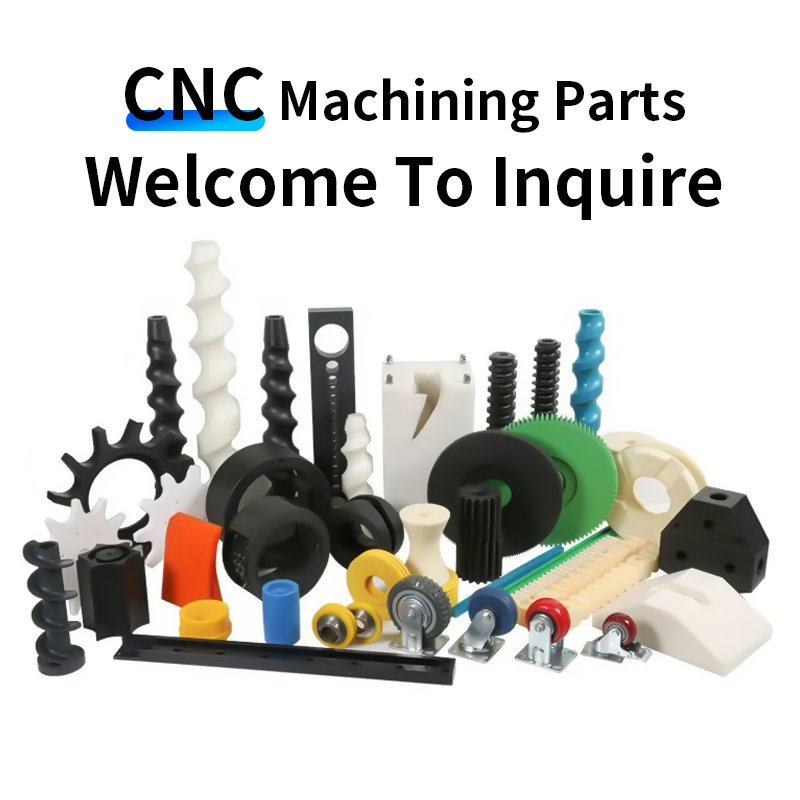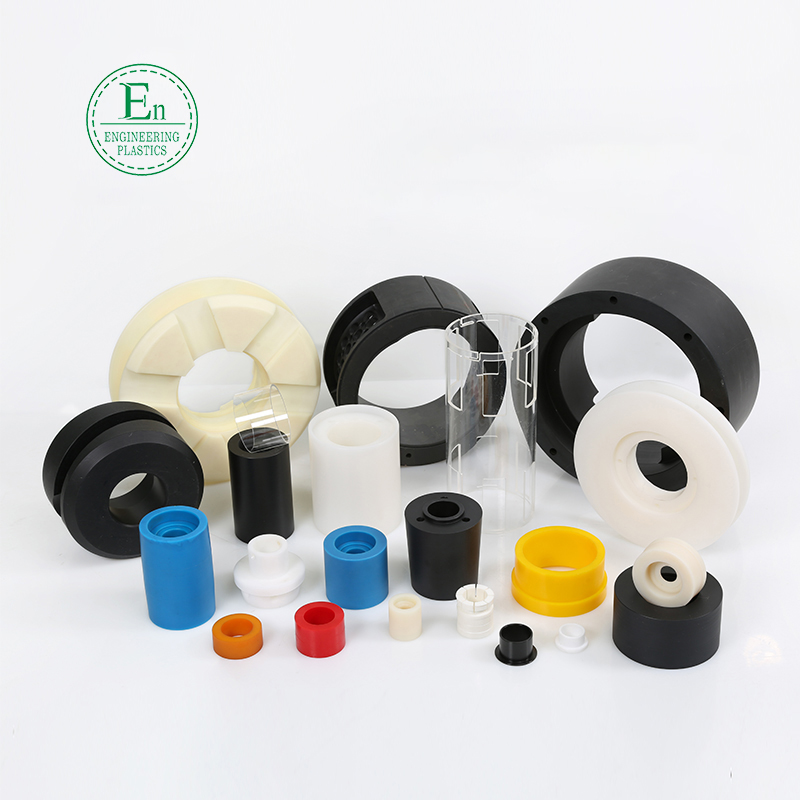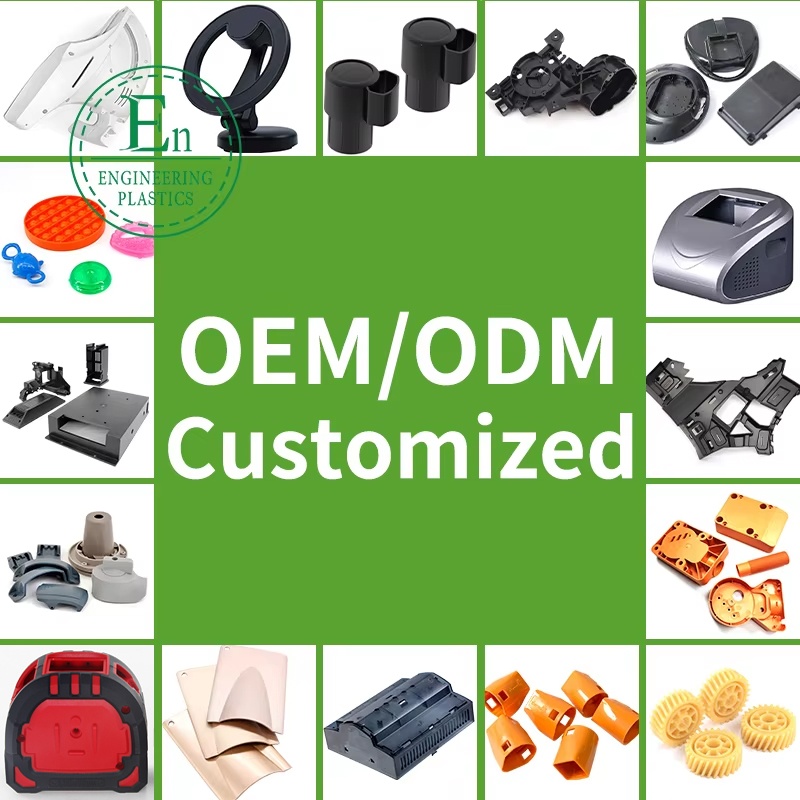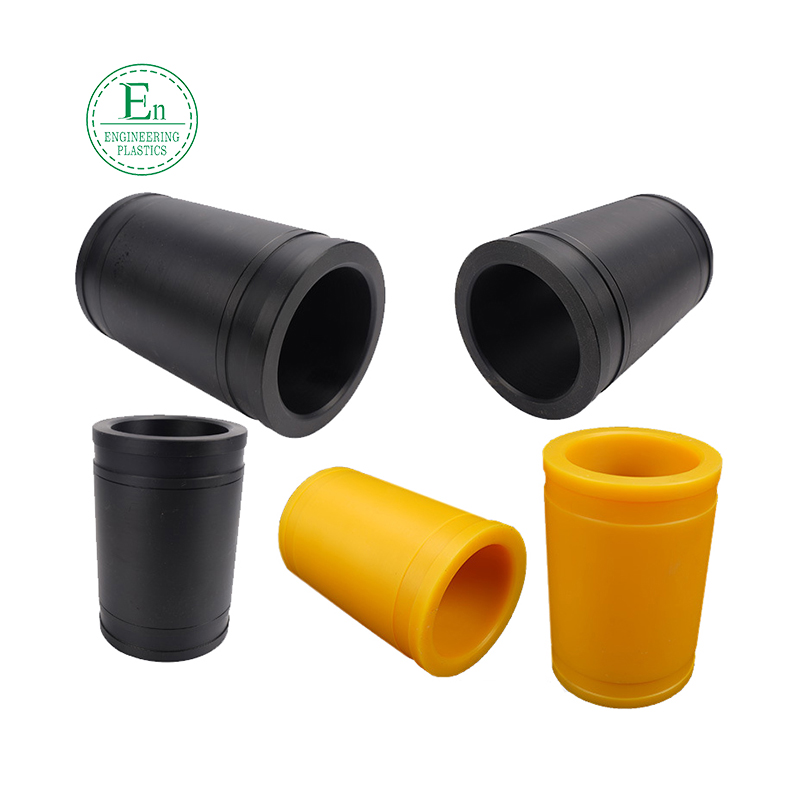Introduction to Plastic Injection Molding
Plastic injection molding is a manufacturing process used to produce parts by injecting molten plastic into a mold. This process has become the cornerstone of modern manufacturing, enabling companies to effectively create high-quality and complex designs. Main_keyword "plastic injection molding" is declared for its versatility, cost-effectiveness and accuracy, thus producing components for the industry from automotive to consumer electronics.
Case Study: Advance in Injection Molding Using Plastics
Imagine a company that specializes in the production of durable parts for medical equipment. They face several challenges, including the need for precision, biocompatibility and scalability. By adopting plastic injection molding as their primary manufacturing solution, they transform the production process into a streamlined operation with endless possibilities. Custom mold designs to meet stringent medical standards, the efficiency of plastic injection ensures rapid prototype iteration and final product consistency.
In this case, the company starts with smaller and complex parts of the prototype, usually no more than Pinhead to test molding capabilities and ensure compliance with medical regulations. The plastic injection molding process exhibits so precise tolerance that it eliminates previous concerns about defects. As production expands, the company benefits from reduced material waste, highlighting how plastic injection molding proves its sustainability along with performance and quality.
Challenges and solutions for plastic injection molding
While plastic injection molding provides unparalleled precision, case studies also indicate key challenges such as mold maintenance and initial investment costs. Solving these problems means investing in durable materials such as stainless steel or hardened aluminum to create mold. The use of computer-aided design (CAD) technology simplifies mold development, while predictive maintenance ensures consistent production planning.
The company also leverages innovative technologies such as mold cooling and temperature optimization in our case studies to reduce cycle time without compromising product accuracy. These advances further enhance their ability to meet customer expectations, whether it is producing large-volume medical components or custom niche projects.
Why plastic injection molding is ideal for modern manufacturing
The success of this case study shows why plastic injection molding has become a major force in manufacturing. Its ability to produce consistent, high-quality parts at scale makes it priceless across the industry. Whether it is medical equipment, automotive components or consumer products, the technology can be seamlessly adjusted.
It has also proven to be a sustainable solution for companies looking to meet the modern green program by reducing material waste and minimizing environmental impacts. The flexibility and adaptability of plastic injection molding is unparalleled, and continuous improvements in technology make it faster, more efficient and environmentally friendly.
Plastic injection molding reflects the future of manufacturing. As illustrated in our case study, this technology not only solves existing challenges, but also paves the way for innovative growth. From prototypes to large-scale production, businesses can rely on their versatility and efficacy to remain competitive in an ever-evolving market.
